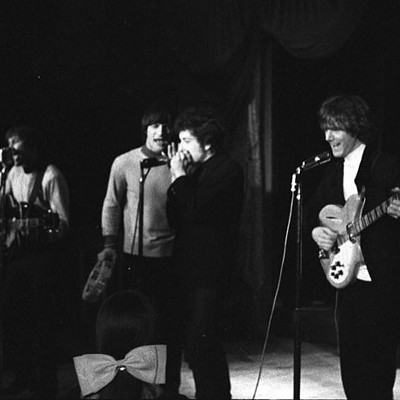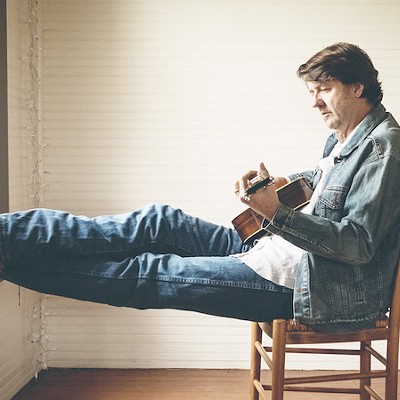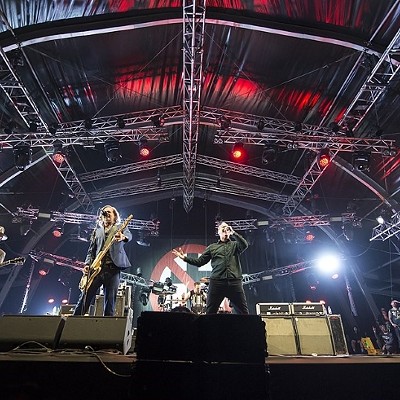The music industry has been reeling from a host of ailments, none more severe than crippling record sales. Fortunately, 2011 has been a strong year so far, with CD sales on the rise.
Spearheaded by the likes of Adele, Lady Gaga and Lil Wayne, album sales rose to 228.5 million, according to Nielsen SoundScan. That's a 3 percent uptick from the 221.1 million albums sold over the same period in 2010.
Adele has moved more than 4 million copies of her single "Rolling in the Deep." But she's not just an MP3 marvel; she also sold 4 million copies of her album 21. You get the feeling that she would've still sold a shit-ton of records without a hit single.
Older heads might remember a time when you didn't need a hit single to sell an album. Some of you might even remember a time when singles weren't all that discernible from album cuts.
It used to be that you heard a song, it got it stuck in your head, you then ran to the store and bought the entire album or vinyl with hopes of enjoying more of the same catchy tunes. And usually, you got your money's worth. Songs were truly representative of albums.
With the advent of digital music, however, people are leaning towards bite-sized formats (thanks, iTunes) and the eat-all-you-want enticements of streaming services (thanks, Rhapsody).
Hit singles are no longer the sole entry points to albums. That business model is dead. Finished. With growing options in music consumption, today's consumer is pickier than a supermodel.
An artist like Adele connects with her fans because she offers a total package. You want to hear everything she sings, just like you want to see everything your favorite actor stars in. Adele doesn't make hit singles; she makes great songs.
Make no mistake, a hit single is still a huge way to get noticed. But a hit doesn't guarantee commercial success, especially if you don't move enough units to recoup the cost of your full-length project.
Bottom line: your chances of gaining commercial success on the back of a single are slim.
Without a decent album, however, those chances are nonexistent. Ask Mims how that worked out for him. Remember him? Course you do. He's the only rapper to ever top the Billboard Hot 100 and go wood. Despite reaching that coveted top spot, all Mims had to show for it was moving 78,000 units of his album.
Remember Lil Mama and her hit single "Lip Gloss"? The song peaked at No. 10 on the singles chart, while the accompanying album only managed 19,000 copies in its first week.
Unwilling to ditch a broken business model, major labels continue to push hit singles without delivering hit albums. The smart ones, on the other hand, are going back to antediluvian A&R practices: Artist development, tireless touring, workmanlike hustle.
Take J. Cole's debut album, Cole World: The Sideline Story, for example. He had zero hits on that album. Zero. Zilch. Nada. Yet he sold a respectable 217,000 copies and opened at No. 1 on the Billboard 200 chart.
He's gone on to average 45K per week since then, and is on pace to reach gold before the year ends. Cole made a hit album without a hit single.
So, you ask, is releasing an album based on a hit single still a good business model? Not if you consider the numbers, the virtualization of music, and the attitudes of the modern consumer.
Follow Rocks Off on Facebook and on Twitter at @HPRocksOff.





